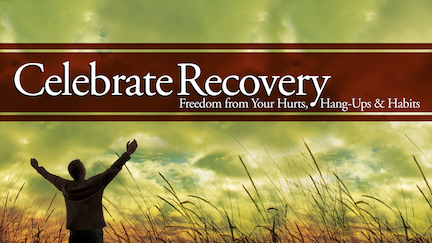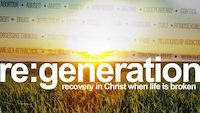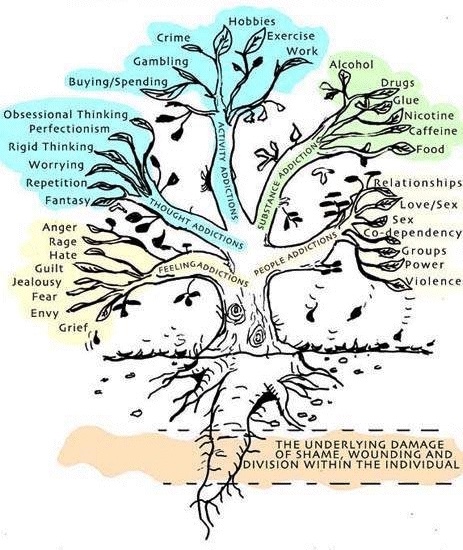My Spiritual Journey



My parents did many things well but grounding me in Christianity was not one of them. My mother, aunts and grandmother were Christian Scientists, who do not recognize Jesus as the as the son of God. My dad was a Presbyterian, so the family attended both churches. Church was a Sunday obligation and social activity only.
After I joined the navy, I rarely went to any church for much of my adult life. When Richard turned four, we decided he should al least be exposed to church and took him to one near our house. Again, it was Sunday only and not a priority any other time. I quit attending after the divorce.
I was never an atheist. My engineering background convinced me that the universe, our solar system, and the variety of life forms on earth did not exist by chance. I accepted a supreme creator of some kind but viewed him as distant and vengeful. I was aware of the Bible and Jesus but thought that I could not meet the standards required for heaven.
My thought process began to change when my dad passed away in 1987. When I attended his memorial service, many people shared their memories of Dad with me. He periodically struggled with alcohol but had been sober 15 years. The terms I heard most often were integrity, humility, and community service. That was my first wake-up call – I realized I would be remembered primarily for working and playing hard.
The second nudge was from my son Richard. At his high school graduation, the faculty gave him a reward as the senior most caring and considerate, for his fellow students. Again, I realized no one thought of me that way. In college, he developed a strong relationship with a student paster, got involved with a local church, and accepted Jesus as his Savior. He later decided to attend seminary after graduation. His priorities were much different than mine - and much less selfish. When I was diagnosed with cancer 1n 2004, he wrote my explaining how much happier he was as a Christian and ask me to think about my faith before my surgery. (I have been cancer-free for 18 years.)
Alcoholism runs in my family. I have had alcoholic blackouts, and now realize I abused alcohol but was not chemically dependent. My luck ran out and I was arrested for DUI, which resulted in temporary suspension of my drivers license and RiderCoach certification. This was the turning point. I realized that I had previously driven impaired and "lucky" that I had not been caught, or more importantly, did not harm myself or anyone else. I did some deep soul-searching, reading, and reflection. I concluded that Jesus was the son of God and accepted him as Savior.
We joined a local church, and I began to read and study the Bible, then participated in an Emmaus walk in 2011. This weekend retreat introduced me to the concept of an individual relationship with Jesus Christ.
Our Baptism
Christian baptism is a significant event. It symbolized death of our earthly life and rising again with our new life in Christ.
Beginning of the Recovery Journey
In 2012, I attended my first Celebrate Recovery (CR) meeting. CR is a Christ-centered 12-step recovery process similar to Alcoholics Anonymous. This diagram illustrates my understanding of addiction and recovery.
The Addiction Treesource unknown

The Journey
The branches of the tree represent various types of addictive behavior. The root cause is the hurts we keep concealed inside of us. Recovery requires realization that we are powerless to change our behavior by ourselves, but God can.
Chemical dependency, such as alcoholism and drug addiction often require medical treatment and rehabilitation in addition to the recovery process. Recovery is not a one-time quick-fix. Behavior changes requires continued effort, and replacing some of our destructive habits and perhaps some of our relationships, with healthier choices.
Recovery is also not a solo effort. In addition to depending on God, we need a sponsor and support group to work through the steps. Regular meetings and sponsor discussions provide accountability to keep us on track.